October 21, 2016 | Food and Beverage
The Importance of an HACCP Plan for Food Manufacturers
 HACCP is a food safety management system whose acronym stands for, Hazard Analysis and Critical Control Points (HACCP). It is an internationally recognized system for reducing the risks of safety hazards in food, including the analysis and control of biological, chemical and physical hazards from raw material production, procurement and handling. It spans the manufacturing, distribution and consumption areas of the finished product.
HACCP is a food safety management system whose acronym stands for, Hazard Analysis and Critical Control Points (HACCP). It is an internationally recognized system for reducing the risks of safety hazards in food, including the analysis and control of biological, chemical and physical hazards from raw material production, procurement and handling. It spans the manufacturing, distribution and consumption areas of the finished product.
The Seven HACCP Principles
Since its inception in the 1960s as part of space travel, the application of HACCP principles has expanded throughout the food industry. The system utilizes seven principles and is required for the processing of most foods.
- Principle 1: Conduct a hazard analysis
- Principle 2: Determine the critical control points (CCPs)
- Principle 3: Establish critical limits (CL)
- Principle 4: Establish monitoring procedures
- Principle 5: Establish corrective actions
- Principle 6: Establish verification procedures
- Principle 7: Establish record-keeping and documentation procedures
The food business is responsible for developing and implementing a HACCP plan for the food its processes or manufactures. A specific HACCP plan is needed for each food and for each processing system employed by a food business because every food and every processing system poses different risks and requires different risk management practices.
Additional Benefits of HACCP
Regulatory agencies involved with HACCP include the FDA, USDA, and various state agencies. International organizations also are promoting HACCP, see Codex and ISO. While HACCP is intended to reduce the risk of unsafe food products, it can also have the benefit of leading to improved product quality.
Preliminary steps in developing a HACCP plan include:
- Assemble the HACCP team, including one person who is HACCP-trained
- Describe the food and its method of production and distribution
- Develop and verify process flow diagram(s)
- Decide whether products can be grouped using the process categories
For a successful HACCP program to be properly implemented, management must be committed to a HACCP approach. This depends largely on regularly scheduled verification activities. The HACCP plan should be updated and revised as needed. An important aspect of maintaining the HACCP system is to assure that all individuals involved are properly trained so they understand their role and can effectively fulfill their responsibilities. 
